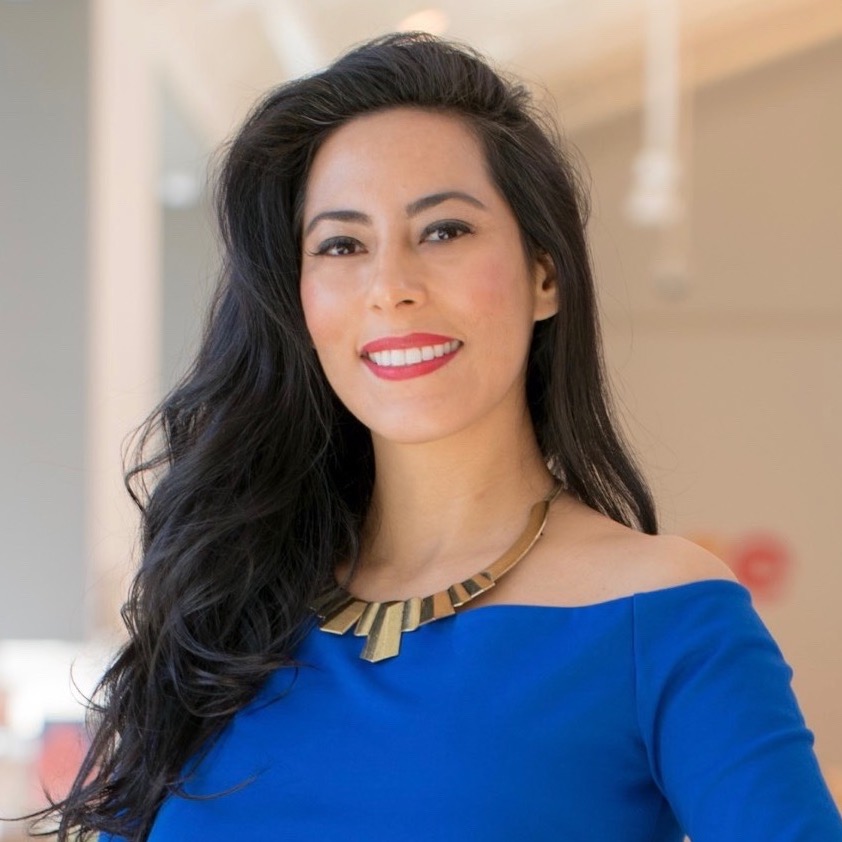
Day-to-day, a rotating list of companies announce their latest efforts to set new sustainability industry standards, from game-changing initiatives such as Walmart’s Sustainability Index and Puma’s triple bottom line accounting system to a spectrum of brands broadcasting new metrics, programs or platforms that advance their corporate sustainability goals. Setting the pace for industry-leading change has become an industry standard. While this type of leadership is commendable (and necessary), it does not always guarantee systemic change. This is one important distinction between two standards recently launched by two outdoor apparel giants: Patagonia’s Traceable Down Standard and The North Face’s Responsible Down Standard.
Patagonia, which launched its new standard last November and announced that from fall 2014 forward all its down-insulated products will contain only 100 percent “traceable down,” is certainly an exemplar of all-things-good for the outdoor and apparel industry. As Patagonia has done in the past with its commitment to organic cotton and recycled polyester, the company hopes its new down traceability standard will “inspire other companies to look closely at their own down supply chains and utilize the model.”
This is all well and good. Models are important – though when are models not enough, especially when complex global supply chains are involved? Perhaps the question we can ask instead is: how can sustainable business leaders go beyond setting the pace for the race, and instead ensure that everyone running makes it to the finish line?
That’s exactly what The North Face has set out to do with the launch of version 1.0 of the Responsible Down Standard (RDS), which not only assures that the down in their products does not come from animals that have been subject to any unnecessary harm (such as force-feeding and live-plucking), but also serves as a holistic tool designed for any organization seeking to source down from ethically treated geese. Even more, The North Face has “gifted” its standard – which will be updated to reflect additional stakeholder input – to a partner organization to encourage widespread industry use.
Collaborative Design
Because of the extreme complexity – and limited transparency and traceability – of the global down supply chain, The North Face sought input from experts in animal welfare, standards development, and materials traceability and collaborated with two respected organizations to develop a standard that would address the diverse challenges of the global down supply and be a resource for the entire industry. Control Union Certifications, an accredited third-party certification body with expert knowledge of farm systems, and Textile Exchange, a global nonprofit dedicated to sustainability in the apparel and textile industry, worked with The North Face to develop the standard.
Instead of focusing only on The North Face’s supply chain, the company wanted to turn the standard into something that the industry could adapt and companies could use to fit their own complex supply chain realities. That is why upon launching an initial version of the standard earlier this year, The North Face “gifted” ownership of the RDS to Textile Exchange, granting the organization full rights to distribute and update the RDS as it sees fit.
"We are giving the Responsible Down Standard to the public in order to provide a holistic tool for any organization seeking to source down more responsibly. Our hope is that the collective use of the RDS will effectively promote positive animal welfare conditions and traceability in the down supply chain at a much larger scale than we could accomplish alone,” said Adam Mott, Director of Sustainability at The North Face.Open Source-Like Iteration
Similar to the open source nature of previous tools shared to advance sustainability in the apparel industry – such as the Outdoor Industry Association’s Eco Index and Nike’s Materials Sustainability Index, which were adapted by the Sustainable Apparel Coalition to develop the first version of the Higg Index – the RDS hopes to reach broad consensus and take an entire industry’s ethical sourcing of down to the next level.
Under its ownership of the RDS, Textile Exchange will conduct a rapid-review process where it will gather real-use feedback and field data from a range of users, industry partners and stakeholders, with the goal to release the next version of the RDS in 2015.
“We look forward to building on [this] foundation…to continue to drive sustainable change in the outdoor and textiles industry,” said Anne Gillespie, Director of Industry Integrity at Textile Exchange.
Beyond Apparel
Through its partnership with the Textile Exchange, The North Face hopes the new standard will influence brands beyond the outdoor and apparel industry, such as furniture, bedding and other manufacturers that consume about 99 percent of the world’s down feathers. According to a report released by the European Outdoor Group (EOG), outdoor brands account for less than one percent of global down use.
Time will tell if this “gift” becomes a catalyst for system-wide industry collaboration, innovation, and progress. Here’s hoping it does, and that other sustainable brands are inspired to do the same and move beyond simply setting standards to convening thought leadership and facilitationg action that drives industry level change.

Nayelli is the Founder & CEO of CreatorsCircle, a resource hub that connects diverse youth with opportunities to create a life of purpose and impact. A trained journalist with an MBA, she also keeps the pulse on sustainable business and social impact trends and has covered these topics for a variety of publications over the past 15 years. She’s a systems thinker who loves to learn, share knowledge and help others connect the dots.














